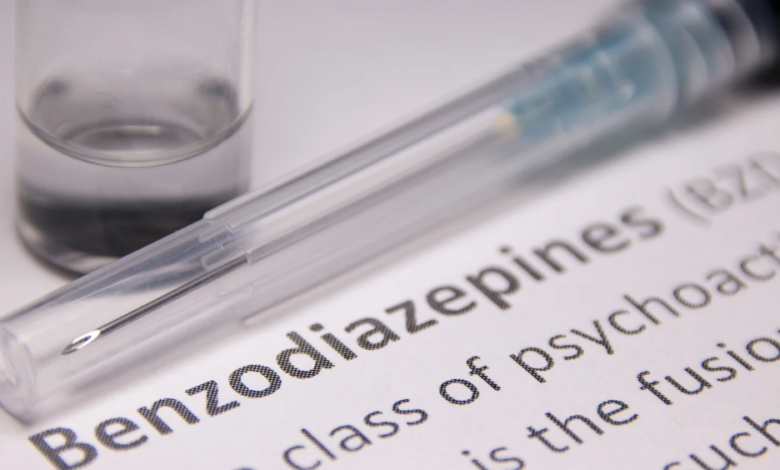What to Expect During the Benzodiazepine Detoxification Process

Detoxing from benzodiazepines is a medically monitored process designed to safely manage withdrawal and stabilize physical and mental health. Those beginning benzodiazepine detoxification in Fort Lauderdale should understand the phases involved, the potential symptoms, and the importance of structured aftercare. Early preparation can ease anxiety and improve the overall detox experience. This process is typically the first step in a comprehensive treatment journey, not a standalone solution.
Understanding the detoxification process helps individuals prepare mentally, physically, and emotionally for the transition into long-term recovery.
Initial Medical Evaluation
Before detox begins, patients undergo a complete medical and psychiatric evaluation.
This assessment helps determine the level of benzodiazepine dependence, overall health status, and any co-occurring conditions. Based on the findings, professionals create a personalized tapering plan. Tapering , gradually reducing dosage , helps prevent complications such as seizures, which may occur if benzodiazepines are stopped suddenly.
Withdrawal Symptoms and Management
Withdrawal symptoms typically appear within hours to a few days after the last dose.
Symptoms may include insomnia, anxiety, muscle stiffness, sweating, nausea, and in more severe cases, hallucinations or panic attacks. These vary depending on the type of benzodiazepine, the dosage, and the duration of use. Medical professionals closely monitor and adjust care as symptoms evolve, often using non-addictive medications to manage discomfort.
As symptoms peak, emotional support becomes essential. Patients are also educated on what to expect during this critical stage of healing.
Role of Professional Monitoring
Detox should never occur without medical supervision, as unmanaged withdrawal can pose serious risks.
Professionally monitored detox ensures immediate response to complications, constant symptom tracking, and psychological support. This environment reduces the physical and emotional toll of detox, making it more manageable for patients. Clinical staff also begin introducing long-term care planning during this phase.
Before the transition to therapy or outpatient services, individuals are often reminded of the importance of aftercare in benzodiazepine detox, which plays a vital role in relapse prevention and emotional recovery.
The Need for Ongoing Support
Detox alone does not address the root causes of addiction.
Once the body is cleared of the substance, continued care is essential. This often includes therapy, counseling, and support groups that offer structure and accountability. In fact, sustained psychological support can address deeper emotional or behavioral issues that contributed to substance use in the first place.
Mental health professionals also recognize how long-term use may contribute to emotional and cognitive challenges, which can persist after detox. Early intervention and consistent care help rebuild stability.
Conclusion
The detoxification process for benzodiazepines is just the beginning of recovery. With proper evaluation, medical supervision, symptom management, and long-term support planning, individuals can navigate withdrawal safely and effectively. Detox prepares the body and mind for deeper healing, making professional guidance essential at every stage. While the process can be physically and emotionally demanding, the right support system greatly improves the chances of long-term recovery and restored well-being.
Lasting success comes from recognizing that detox is not an isolated event but part of a broader, continuous journey toward mental clarity, emotional balance, and personal growth. Each phase builds on the last, reinforcing stability and resilience.






